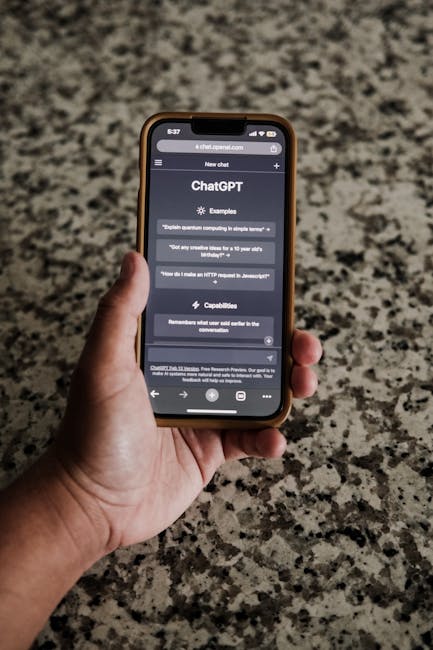
For years, the dream of creating your own app felt like an exclusive club, reserved only for those fluent in complex coding languages. As someone with more ideas than coding skills, I’ve often watched from the sidelines, wondering if my concepts would ever leap from my mind to a functional digital tool. Then, I heard the whisper: Claude AI had a new ‘app creator’ feature, and the best part? It promised a no-code experience.
Skepticism was my first reaction. Could an AI truly understand an abstract app idea and translate it into a working prototype without me touching a single line of Python, JavaScript, or Swift? The internet was abuzz, and my curiosity was piqued. I decided to dive in, armed only with a vague concept and an open mind.
My mission: to create a simple, personalized book recommendation app. Something that would ask a few questions about my mood and preferred genres, and then suggest a book, complete with a fictional short synopsis. A simple idea, but one that typically requires databases, front-end design, and logic gates – all things I’d previously avoided.
The process with Claude AI was shockingly intuitive. Instead of wrestling with development environments, I simply started a conversation. I described my app concept in plain English: “I want an app that recommends books. It should ask the user about their current mood (e.g., ‘adventurous,’ ‘cozy,’ ‘thought-provoking’) and their favorite genres. Then, based on their input, it should suggest a book title and a very short, engaging synopsis.”
Claude’s response wasn’t code; it was a series of clarifying questions and suggestions for the app’s structure. It felt less like programming and more like collaborating with a highly intelligent, patient co-developer. It asked, for instance, if I wanted to store user preferences, how many moods/genres I envisioned, and if I wanted a ‘reset’ option. As I answered, Claude began to ‘build’ in the background, presenting me with interactive components and simulated user flows.
Within minutes, Claude presented a working model. It wasn’t a downloadable executable, but a dynamic, interactive prototype right within the chat interface. I could ‘click’ buttons, enter ‘text,’ and watch as the app responded exactly as I’d envisioned. When I inputted ‘cozy’ and ‘fantasy,’ it generated a charming title and synopsis for a magical realism novel set in a teashop. I even asked it to add a ‘random recommendation’ button, and with a simple prompt, it appeared and functioned flawlessly.
The ‘aha!’ moment hit me hard. This wasn’t just a chatbot generating text; it was an AI *understanding intent* and *manifesting functionality*. The complexities of UI/UX, database queries, and logical flows were entirely abstracted away. All I did was describe, refine, and watch my idea come to life. The app was clean, functional for its purpose, and incredibly fast to create.
This experience fundamentally shifts the paradigm of app development. For entrepreneurs with a great idea but no tech team, for educators wanting to build interactive learning tools, or for anyone who simply wants to bring a personal project to life, Claude AI’s no-code app creator is a game-changer. It democratizes technology, empowering anyone to become a ‘citizen developer.’ My book recommender app might not be the next viral sensation, but it proved one thing: the future of app creation is conversational, accessible, and astonishingly code-free.
